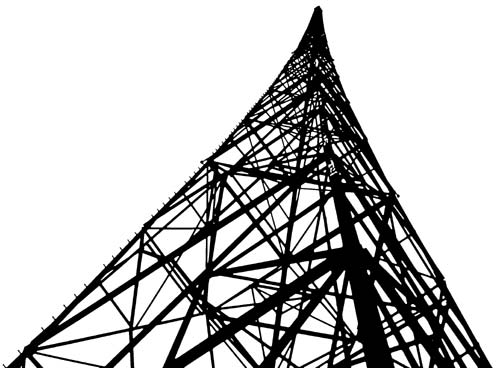The FCC has drafted a Notification of Inquiry (NOI) examining the state of media journalism in America. Why? No harm can come from this, right? Let us read a little further:
A major issue the report details is the possibility of “behavioral rules” for broadcasters, according to the official. Behavioral rules might include guidelines that broadcasts serve the public interest.
Bringing back Cold War-era guidelines mandating that broadcasters do “non-entertainment” programming is another idea being examined, according to the official.
From CNSNews.com
Doh! Now that most radio stations have fired their news departments, the government wants news. Frankly, I think it is a dumb idea. The hands of time can’t be turned back so there is no use trying.
There are radio stations out there that provide good local and national news, most NPR stations for example. There are also a few commercial stations still doing it. Those that can make money on it will and that is the way it should be.
I listen to the local NPR station’s (WAMC) program called “The Media Project.” It is an interesting show where a Television news anchor, a local newspaper editor and the radio station president talk about media issues. Often, it turns into a lament about how the internet news sources are cutting into their own audience because the internet is “free.” The newspaper editor in particular often feels that he is shouldering the burden (by paying the reporter’s salaries) of gathering the news and the free-loading internet people who write blogs, like this one, merely leach off of the newspaper’s hard work. And he has a point.
So charge for it. I’d pay a $3-5 per month fee to have full online access to a good local paper. I think many other people would too. When they started giving away their content is when they got into trouble and that is their own fault. This would be a good formula:
- Media outlets (newspapers, TV stations, Radio stations, Cable companies, etc) get together to come up with a policy for online content.
- A good example would be, limited free access to national stories and front page items and advertisements. Charge a nominal subscription fee for locally generated content and full access. Charge a higher fee for content without advertising (except classifieds).
- Create a website that is laid out like a newspaper. Keep all the sections the same and make it very easy to navigate around in.
Some newspapers, like the New York Times, are already doing things like this. The reality is that online media is here to stay. Those legacy media outlets that want to survive are going to have to figure out a way to compete and make money online.






The costs associated with publishing the print media are not going down. Newsprint, ink, the presses, distribution, are high hurdles compared to the Internet. I see all kinds of ads on Internet new sites that must be paying the bills, and I also have seen a huge number of new news sources since the Internet has evolved. The new way of electronic publishing is more efficient and economical. I hope for the sake of the Country, the same Constitutional freedoms that applied to the “print media” continue to apply to the cyber-media.